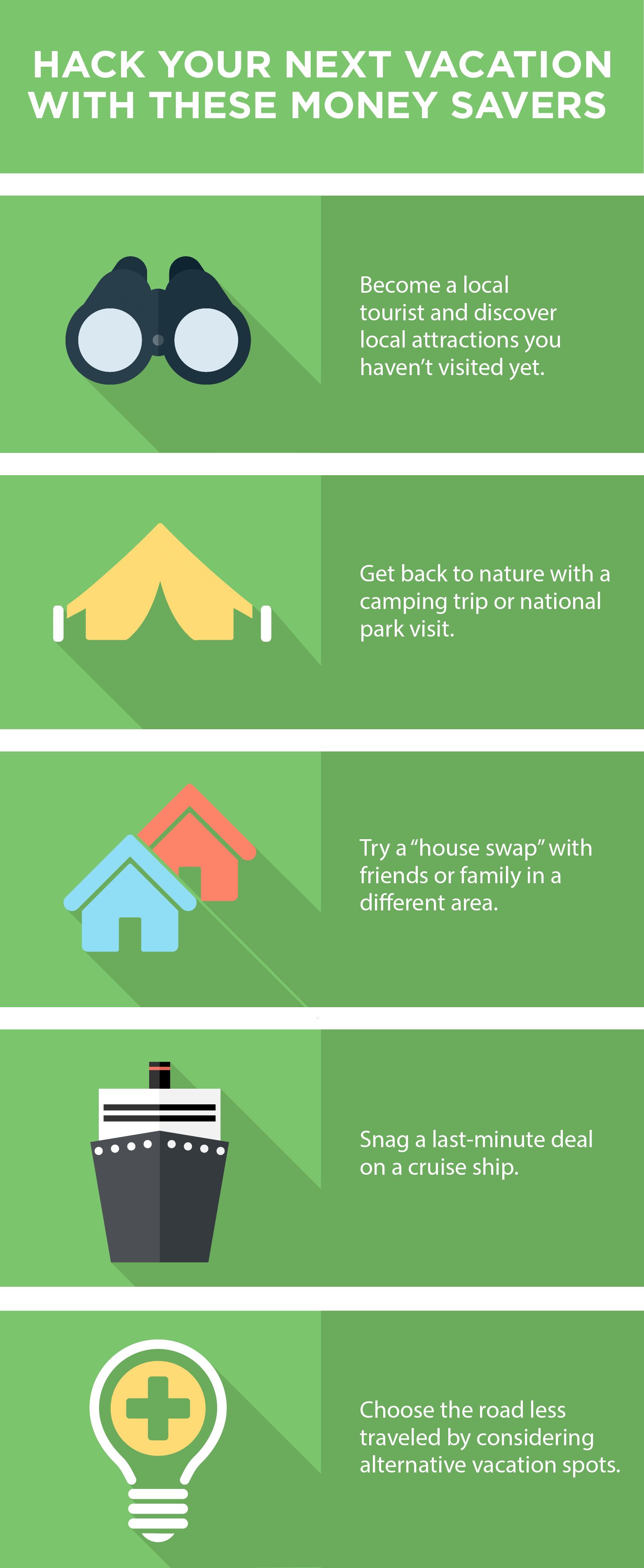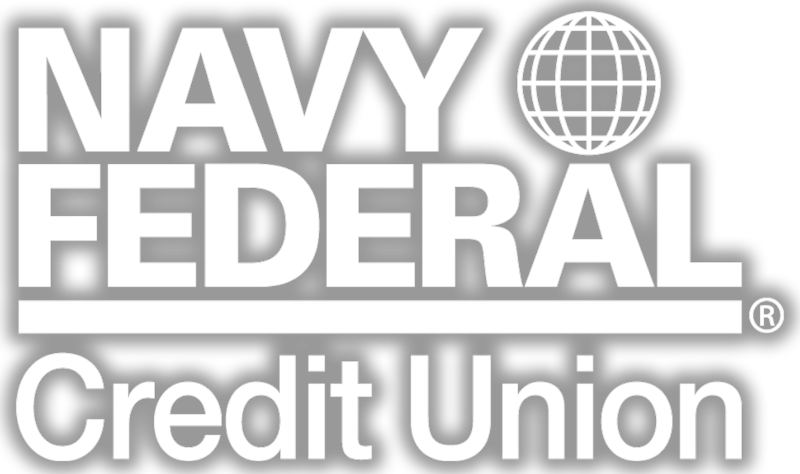Whether your family is in need of some rest and relaxation or a fun adventure, the cost of a vacation shouldn't break the bank.
Summer has just begun. It isn't too late to plan a trip before the kids go back to school, or one for later this year.
Set your budget, stick to it and enjoy your holiday carefree and debt-free.
Accommodations are the best place to save
Once you’ve decided on your travel destination and when your family will be traveling, you’ll need to determine where you’re staying. If you’re traveling to the mountains or beach, there’s recreational facilities that offer equipment rentals, perfect for kayaking or fishing trips so your family can enjoy the great outdoors.
As a service member, one of the most attractive travel benefits available is the use of military lodging facilities and resorts around the world. You may have stayed in one of these facilities while on a temporary assignment. What you may not know is there are military accommodations that can be used by vacationing military families at recreational facilities, resorts, campgrounds, and even beach cottages. This is a great way to save on accommodations, one of the largest expenses of going on vacation.
If relaxing and enjoying a more luxurious vacation is more your speed, there are military resorts near popular vacation destinations in Europe, Southeast Asia and the U.S. Check out the Armed Forces Recreation Centers(AFRC), which offers exclusive military pricing at full-service resort hotels in some of the world's top travel destinations.
Plan well in advance for peak vacation times so you can book a reservation. Resort rates and fees are typically dependent on rank and duty status.
Most of the lodging facilities are available for service members, retirees and reserve members, and their families. Check with each location for rules and regulations and to make a reservation. Look at any recreational offices available on your base. For example, the Army Morale, Welfare and Recreation Program (Army MWR) offers a wealth of resources for off duty travel.
Getting to your destination
In this day and age, your family has multiple travel options to arrive at your destination. If you’re traveling within the U.S., driving may be an option. But it’s smart to also consider buses, trains and airfare as alternatives.
When looking at airfare, especially for international travel, scope out multiple airlines to find the best deal. Don’t forget to clear the cookies on your web browser while shopping — this can help ensure you get the lowest fares. Aim to book early, but not too early to score the best deal. Choosing to fly midweek can also help your family save.
However you decide to travel, factor in all the relevant costs when setting your budget. Air travel comes with airport fees, taxes and pesky baggage fees. Plus, you might need a rental car which has its own associated costs. Deciding on a road trip, on the other hand, adds fuel costs, tolls and potentially parking fees.
Eat well for less
Food and beverage expenses on vacation can add up quickly! Choosing to stay somewhere with a kitchen or free breakfast can help cut back on meal costs. Eating a quick breakfast at your hotel or resort saves you time and money by not having to eat out for breakfast every day. Regardless of the day’s activities, packing a picnic or sandwiches for lunch is an economical way to cut costs. Anywhere you travel, you’ll be able to find a convenience or grocery store nearby so you can stock up on essentials like bottled water and snacks. Start off your vacation with a quick grocery trip – your wallet will thank you later.
Even if you manage your money well, paying for a vacation still might cause for some stress if your budget is tight. Here are some tips that’ll help you plan your finances and make the most of your money.
Paying with savings
Scale back on splurges prior to your vacation. Take a close look at your spending habits when planning and booking travel. Entertainment, eating out and takeout, and unexpected expenses can eat away at your vacation budget. Commit to three months (or more!) of limited spending so you’ll have more cash to spend on your trip. The money you typically spend in these categories should be rerouted into your vacation savings so you can stay within your trip budget.
Saving isn't always easy, especially when budgets are tight. By automating your savings, you won’t be tempted to spend, and you’ll have a slush fund available to help you determine a reasonable vacation budget. Take advantage of budgeting apps and spending trackersso you can stick to your budget and return from your trip debt-free.
Save on foreign transaction fees
Foreign transaction fees and ATM fees can be a large unexpected expense if you’re traveling overseas. The more you charge while abroad, the more fees you’ll pay. Sometimes it’s called a "currency conversion fee," as credit card issuers assess the fee for the costs of converting foreign transactions into U.S. dollars. A few percent on each purchase may not sound like a lot, but over the cost of your trip, it could amount to a few hundred dollars in fees. Many debit cards charge a small fee to use ATMs abroad, so a credit card may be your best option to avoid unnecessary expenses. For example, with Navy Federal’s credit cards, you’re free to shop the world with no foreign transaction fees.
Make the most of travel rewards and points
Booking online can help you score the best deals, but you can save even more by using shopping portals and rewards credit cards. Cash back is a great option when booking your trip with a credit card, but you can also score bonus points by using a rewards card.Not only could you earn points for booking your trip and for your expenses along the way, but using your existing points can help reduce upfront costs of your vacation. If you already have a rewards card, you can redeem your points for transportation or accommodations. Every little bit adds up!
You’ve worked hard for a vacation, especially one that is financially stress-free. No matter what kind of trip you desire, it’s possible to make your budget work for you. Between military accommodations and discounts from the government and private organizations, you’ll be able to save a bundle and make your vacation a trip of a lifetime.

You May Also Like:
©2016 Navy Federal Credit Union. All Images used for representational purposes only; do not imply government endorsement.
This story is produced and presented by our sponsor.
Navy Federal is federally insured by NCUA.






